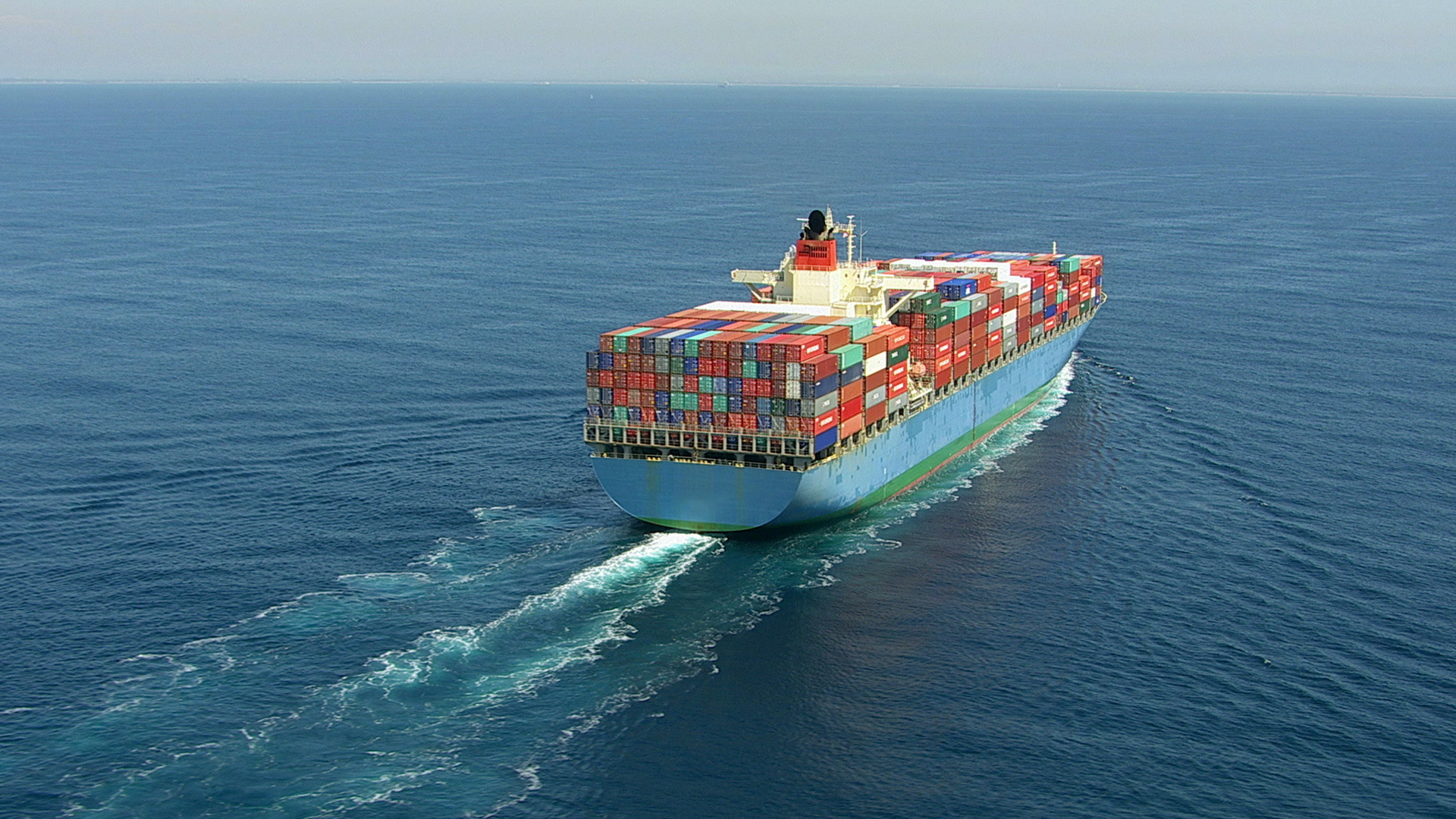Why countries should reduce barriers to travel


Get involved with our crowdsourced digital platform to deliver impact at scale
Stay up to date:
Hyperconnectivity
The facts are clear: Travel and tourism are on the rise. The industry sector accounts for more than 9.5% of GDP or $7 trillion and one in eleven jobs globally. According to the World Travel & Tourism Council (WTTC), the travel and tourism industry is forecasted to continue growing at 4% annually. It is growing at a faster pace than financial services, transport and even manufacturing. The industry growth seems to be unstoppable and worth investing in. Yet, while some countries seem to have booming tourism industries, in others, travel and tourism are severely affected by geopolitical tensions and security threats.
Security is one of the primary criteria for the selection of a holiday destination. Most people want to feel that they are in a safe and stable environment. Over the past few months, geopolitical tensions and security issues in a number of countries – from Ukraine to Syria and Egypt to Thailand – have dominated news headlines and deterred tourists from travelling to certain destinations. Whether this is out of fear or protest, the impact for the targeted destinations remains the same: a significant decrease in the number of visiting tourists and loss of revenue.
This is a major problem for the many nations that rely heavily on tourism as a source of revenue. To take one example, Egypt’s tourism industry accounts for 11% of its GDP yet it registered a 30% decline in tourist visits in March 2014 in comparison to the previous year.
How can nations overcome the geo-economic context to attract tourists and investment? While we hope that the geopolitical context will change for the better, certain countries will also need to lobby for investment and re-brand their country as an attractive destination. One great success story is Colombia – once associated with drugs and cartels, the country has since become a “must visit” destination. Since 2002, the number of visitors has grown by 300%.
Turkey is another country expecting a record number of 33 million tourists and has been able to attract significant investment. This is due in no small measure to the great improvement in national travel facilitation policies and the implementation of an electronic visa system in 2013. Turkey and Russia introduced a free visa regime in 2011, which resulted in a 300% increase in Russian visitors to Turkey.
Enhancing the visa process facilitates travel and can make a huge difference, as experience demonstrates. We need to take a hard look at the barriers in place, remove the unnecessary ones and apply advanced technologies to reduce travel times while enhancing security. The World Economic Forum recently launched the Smart Travel report, urging collaborative efforts among all relevant public and private stakeholders and proposing a fully integrated model to facilitate travel. Specific proposals include considering travel facilitation as a pillar of bilateral and regional trade negotiations and agreements, as well as reviewing and streamlining current visa and border crossing processes.
At the national level, countries work to develop their travel and tourism destinations to reap the associated benefits of growth and job creation, and hopefully facilitate travel through the implementation of electronic visas. In the international arena, policy-makers should be pro-active in ensuring that a tense geopolitical context does not hinder all the progress the industry has made over the past decade to facilitate both travel and trade.
Policy-makers are urged to continue collaborating on the development of regional visa agreements. Key to the success of this process is to continue cooperation at the global level, to ensure resilient and efficient security and border control.
Author: Tiffany Misrahi is a Community Manager on the World Economic Forum’s Mobility Industries team.
Image: An aircraft of Air France-KLM French regional airline unit Hop lands at sunset at Orly airport, near Paris, September 15, 2014. REUTERS/Christian Hartmann
Don't miss any update on this topic
Create a free account and access your personalized content collection with our latest publications and analyses.
License and Republishing
World Economic Forum articles may be republished in accordance with the Creative Commons Attribution-NonCommercial-NoDerivatives 4.0 International Public License, and in accordance with our Terms of Use.
The views expressed in this article are those of the author alone and not the World Economic Forum.
Related topics:
The Agenda Weekly
A weekly update of the most important issues driving the global agenda
You can unsubscribe at any time using the link in our emails. For more details, review our privacy policy.
More on Supply Chains and TransportationSee all
Nick Pickens and Julian Kettle
April 22, 2024
Rida Tahir
April 9, 2024
Kimberley Botwright and Spencer Feingold
March 27, 2024
Andrea Willige
March 19, 2024






